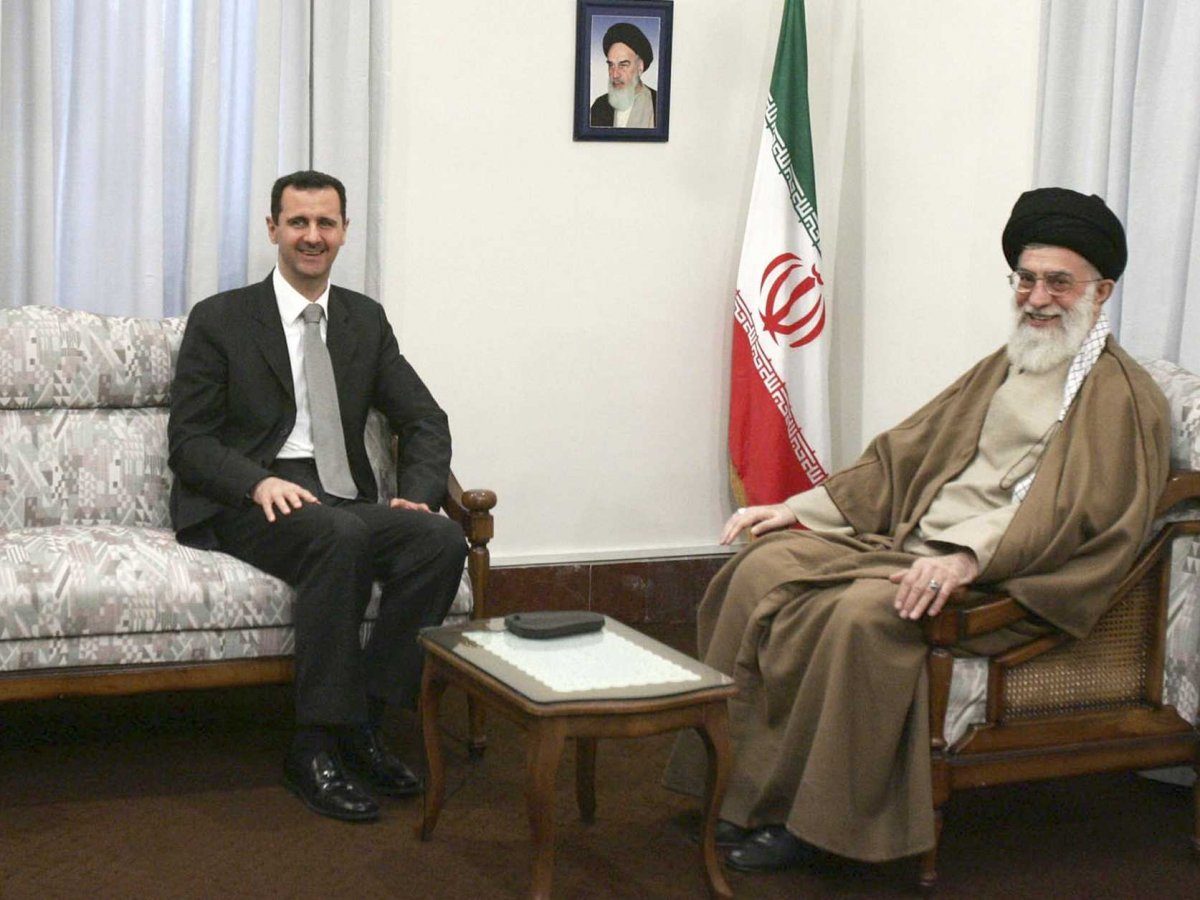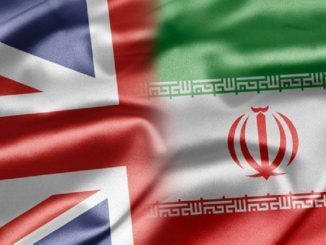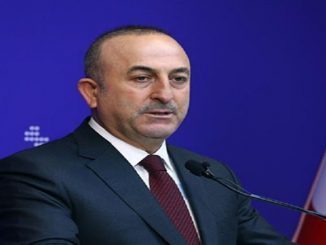
Iran is undoubtedly the most important ally of Bashar al-Assad. Without Iran, Assad would have been toppled years ago.
The Iranian regime has backed Assad politically by maintaining its unequivocal red line, that Assad should not be forced to renounce his position in any transitional period.
It also backed him militarily by supplying him with arsenal and financial support that has kept him in power. The conventional wisdom says that it would be really hard for Iran to relinquish its buddy in Syria, and yet, looking at it from a more pragmatic standpoint, Iran would surely bet on several horses and is almost certainly setting the preliminaries for a post-Assad Syria.
There are three possible scenarios that would compel Tehran to finally abandon Assad.
Reshuffle in Russia’s policy
The first and most imminent scenario is when Russia decides to reshuffle its own strategy in Syria. The interventionist policy of Russia, Iran’s main ally, was theoretically a game-changing development in favour of Iran’s ambitions in the region.
Nevertheless, this resulted in threatening Iran’s monopolistic vision in Syria. Recently, Russia seems to have the upper hand in the political decision-making process that may eventually jeopardise key Iranian interests.
On the other hand, Russia-Turkey relations are gradually back on track. Russia and Turkey are major players with contradictory perspectives over the Syrian conflict. Russia has militarily backed Assad and helped him stay in power; while Turkey has supported rebel groups to overthrow Assad.
Recently when Recep Tayyip Erdogan and Vladimir Putin met in St Petersburg to patch up their nine-month feud in the aftermath of the Russian jet crisis, one question was finding a political solution to the ongoing conflict in Syria.
Unfortunately, recent developments in Aleppo exposed the two leaders’ failure to narrow their fundamental differences to find common ground for a political solution.
Despite the disagreement, there is still a serious chance to reach a consensus. Putin is expected to visit Turkey this month with the aim of restoring business ties, but primarily to discuss the Syrian war.
The trajectory of Turkey’s foreign policy recorded substantial shifts that will soon show a drastic change in its alliances. Obama’s administration repeatedly disregarded Turkey’s regional perspectives and urged Turkey to move unilaterally to protect its strategic interests.
Iran’s mounting mania
The second inevitable case is Iran’s growing obsession with expansion in the Middle East. The Iranian regime’s expansionist policy in the Middle East is no secret and that may urge it to rethink its policies in Syria for the sake of another dream.
Iran’s fatal mistake is that it will not recognise that its strategy is misguided simply because its expansionist zeal tempts it to overstretch in the whole region. It fails to appreciate that its strategies are not welcomed, neither by Arabs nor by Turkey.
Iran’s ambitions in the Gulf, and mainly in Saudi Arabia, are indisputable. Tensions between the two countries have waxed and waned. However, the diagonal shift in their relations with the United States is likely to constitute a landmark in the coming era of the Middle East.
One can’t simply claim that Washington has abandoned its 70-year strategic alliance with the Saudi ruling family. However, since Obama described them as a “so-called ally”, Saudis have been doubtful of Washington’s commitment to Riyadh. Saudis find themselves demoted as Washington prepares to replace them with the Iranian mullahs.
Regardless of their apparent enmity, Tehran might soon reach an agreement with Washington just to realise its dreams in the Middle East. This might mean abandoning Assad just as it relinquished the former Iraqi prime minister Nouri al-Maliki – yet, make no mistake, Iran will never abandon its designs on Syria.
As a way out of this dilemma, Iran might seek a compromise candidate that would be accepted by most world powers. There is no harm if that candidate hails from the Christian or Druze minorities. Most importantly, Iran will focus on boosting its relations with the deep state in the intelligence service and the remnants of Syrian army.
Obsolete and anachronistic Assad
A third scenario would emerge if Assad’s role as guardian of Iran’s interests in Syria appears doomed to failure, while Iran’s strategy in Iraq, Yemen, and Lebanon is still intact. It will use Shia proxies and pro-Iranian Syrian army officers to stretch its control over the Mediterranean coast to thwart any attempts to unite Syria under a Sunni anti-Iranian government.
In mid-September 2015, the first reports of new detachments from the Iranian Revolutionary Guards arriving in Tartus and Latakia in west Syria were made.
Eventually, Iran’s mission is to remould post-Assad Syria to a governance style that resembles the one in Lebanon and Iraq. But let there be no mistake; no scheme can overlook the variable of a “nation” seeking freedom. Ultimately, it is the Syrian people who will decide on their own future.



